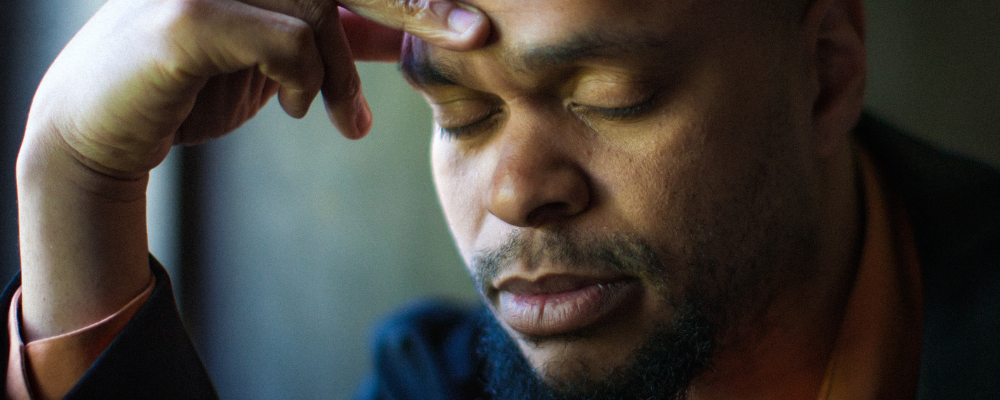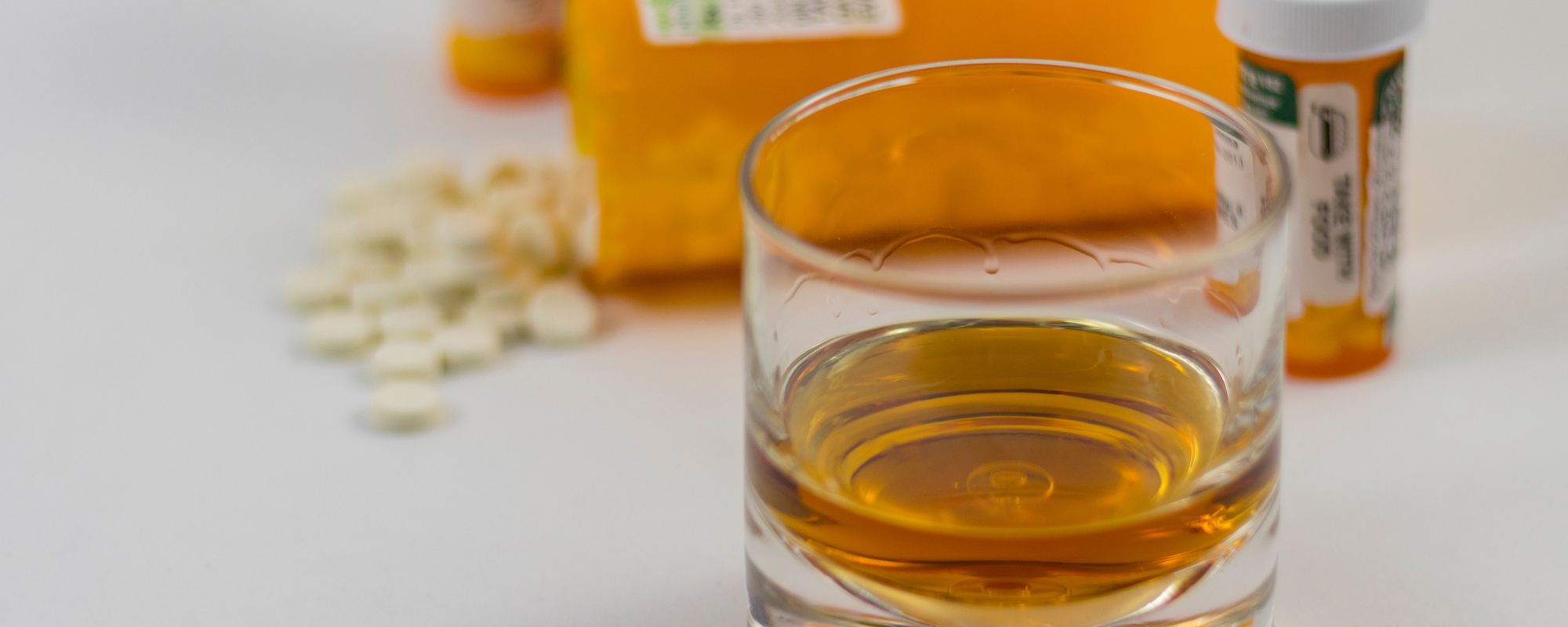One of the most significant reasons that aftercare and continuing group participation are so essential is that true lifetime recovery involves a lot of thinking and problem-solving. In aftercare and group therapy, thoughts and problem-solving are guided by addiction counselors and peers. This is valuable as the process teaches you how to sharpen your tools to perform both tasks independently.
Group Therapy, Support Groups and Self-Help Meetings
Self-help meetings are attended by a large numbers of alcoholics and addicts. Some of these people have been in recovery for as long as fifteen or twenty years. They keep attending not only for fellowship and reinforcement but also to refresh their outlook. It’s common to hear one of these “veterans” respond to a newcomer’s comments with “Thanks for reminding me.”
One reason is that people in recovery for a long time have incorporated most of the “new rules for living” so deeply into their behavior that they don’t think about them anymore. These new rules become second-nature. It’s important to remember that no one is perfect, and they can forget some of the rules or make mistakes. Everyone needs “booster shots” from time to time. The people in recovery who succeed have learned that people change, situations change, and times change. Remaining active in a group provides you with the “updates” you need to manage these changes.
Finally, continuing to go to meetings ensures that you continue to practice.
The Importance of Aftercare
What you learn in rehab or in early group participation is critical, but it’s being done under constant regular guidance. Aftercare and group participation allow these rules to become solidly embedded in your lifestyle. As the old saying goes, “Give a woman a fish and she eats for a day; teach her how to fish, and she eats for a lifetime.”
So, at the beginning of recovery, you are being given the rules of coping daily. With aftercare and continued group support, you will internalize these lessons and incorporate these habits into your instinctive behavior.
As the Alcoholics Anonymous (AA) saying goes: “You can’t think your way out of this disease. You have to feel your way out.”
Reach Out
If you or a loved one wants to learn more about our substance abuse programs, please reach out to us today. Our admissions team is available 24/7 at (877)-RECOVERY or 877-732-6837 to answer your questions. Because We Care.
Author
-
Content Writer
Royal Life Centers writers explain substance abuse in a way that anyone can understand, regardless of their background. We make our content accessible by using clear, concise, and informative language. Our writers provide a range of blog posts, from educational materials to the latest news in addiction, treatment, and recovery, so everyone can find something that resonates with them.
View all posts







